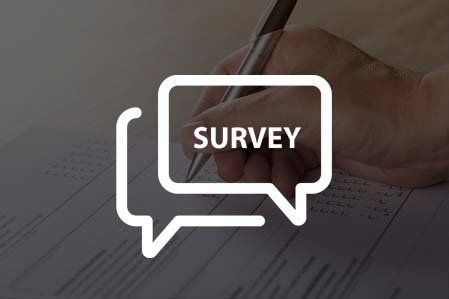+1-800-298-3165
Social Media App Snapchat Takes a Strong Stance on Political Advertising Checks
Political advertising on social media platforms has been something of a headliner in recent months as we build up to election time. The main storylines have focussed strongly around Facebook’s seemingly relaxed take on allowing political advertising without what Congress has called for as a ‘fact checking’ mechanism.The founder of Facebook, Mark Zuckerberg has been somewhat under fire by Congress in attempts to explain the approach the Facebook platform takes in regard to fact checking political advertisements for instances of intentional deceit. The quirky innovator and billionaire, while expressing that some checks are carried out, was resigned to the fact that propaganda and cutthroat political tactics were simply part of the process and there is to an extent freedom of speech available.
He did however go on to explain that Facebook employs the assistance of an external and impartial fact checking body to assist them with issues like this. Though anyone who has seen the videos on Zuckerberg in front of Congress will know how awkward and uncomfortable that particular item was when discussed.Snapchat however has announced that it will be taking a considerably more hands-on approach to ensure that its young audience is not exposed to non-factual political advertising.Snap chief executive Evan Spiegel said in a story published by CNBC: "I think what we try to do is create a place for political ads on our platform, especially because we reach so many young people and first-time voters we want them to be able to engage with the political conversation, but we don't allow things like misinformation to appear in that advertising." This is a very bold statement from the social media platform with one of the youngest average age of regular users but a welcome and arguably responsible one. The brand is seemingly trying to find a middle ground between the Facebook controversy and Twitter’s all out ban on political advertising.Twitter’s ban kicks in from November 22nd. Alongside their statement: "Ads that educate, raise awareness, and/or call for people to take action in connection with civic engagement, economic growth, environmental stewardship, or social equity causes are allowed." This is one of the first times that social media platforms have been put under the microscope in terms of how they plan to approach paid for political messaging and it’s very clear that the three major individual platforms have very different stances on the matter.Who do you think is getting it right?
Share this post:
Recent Posts













